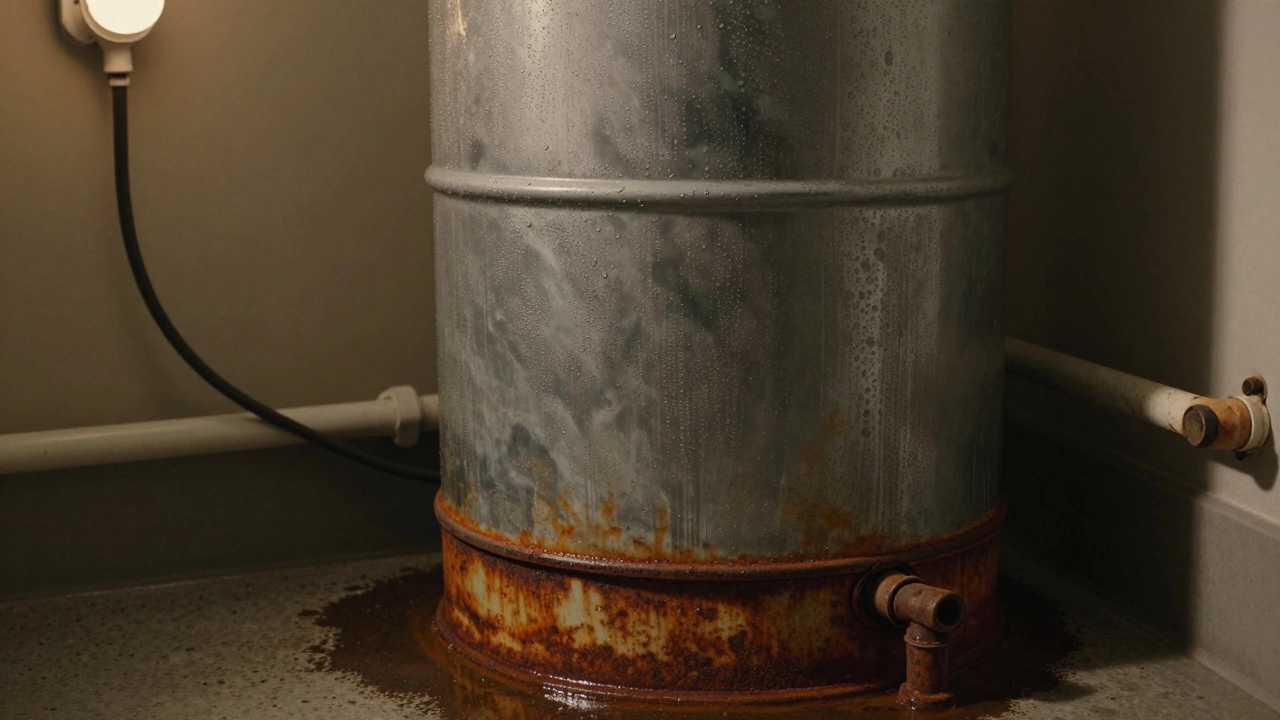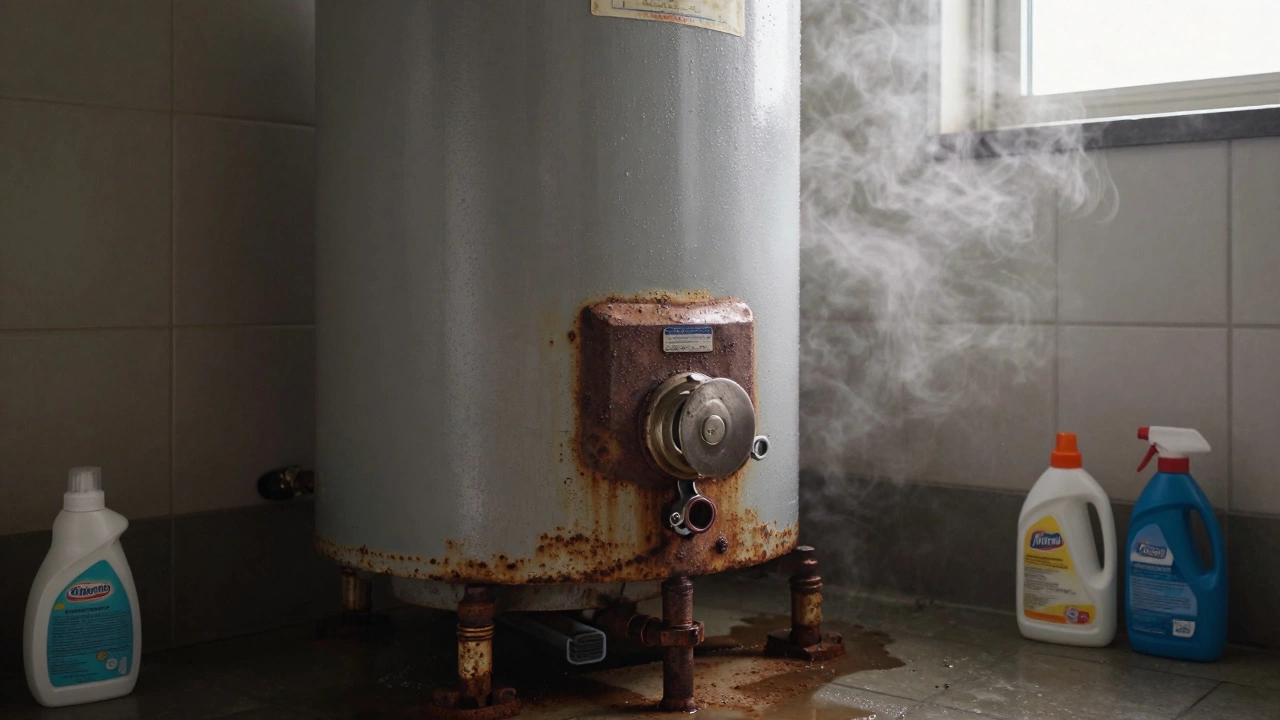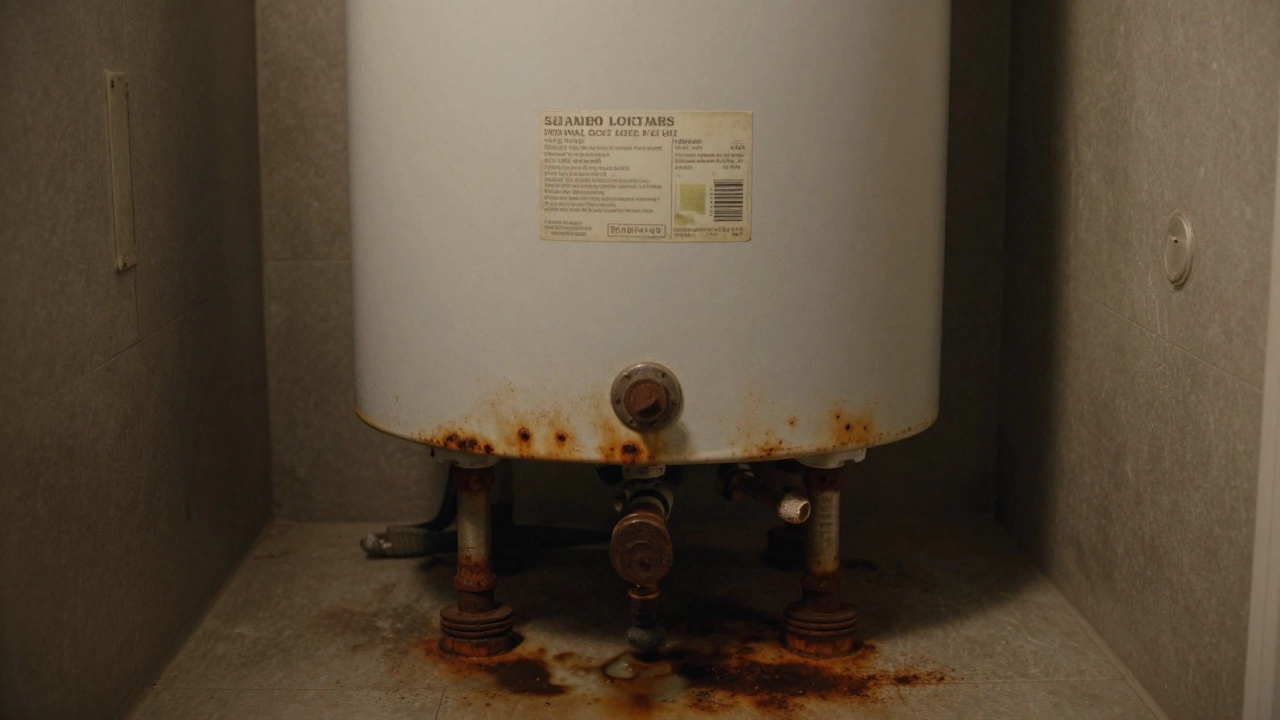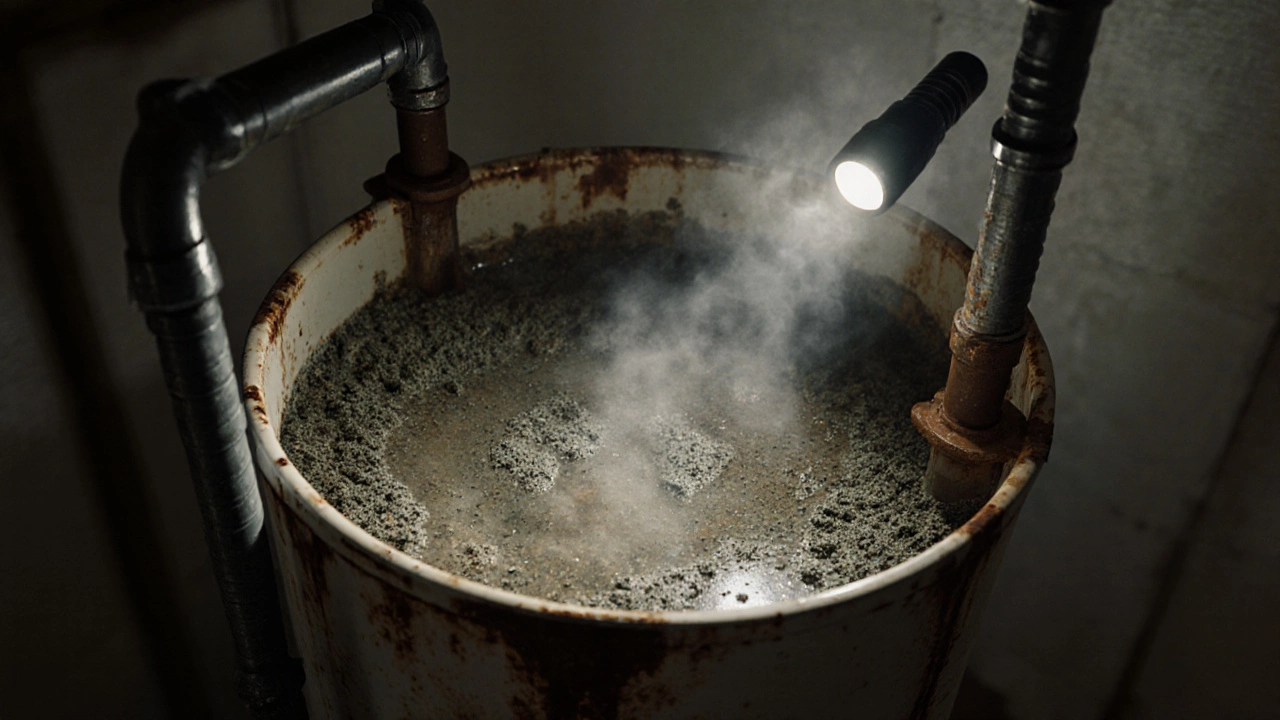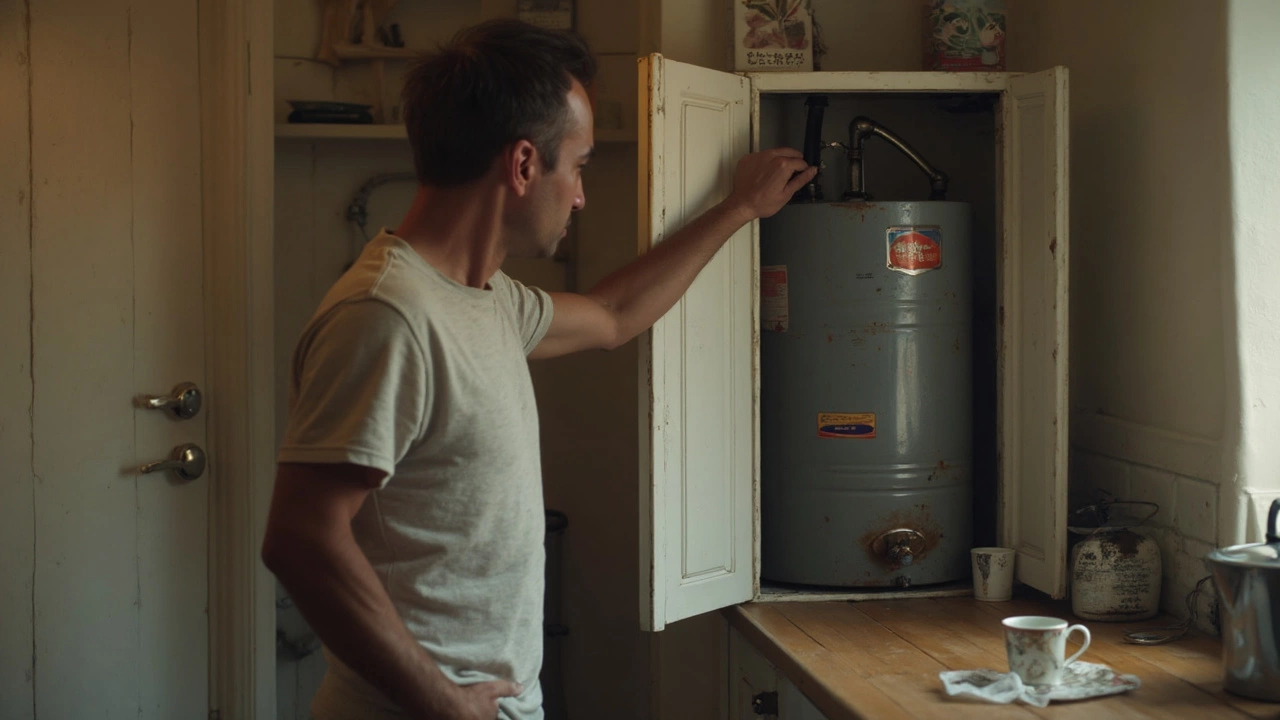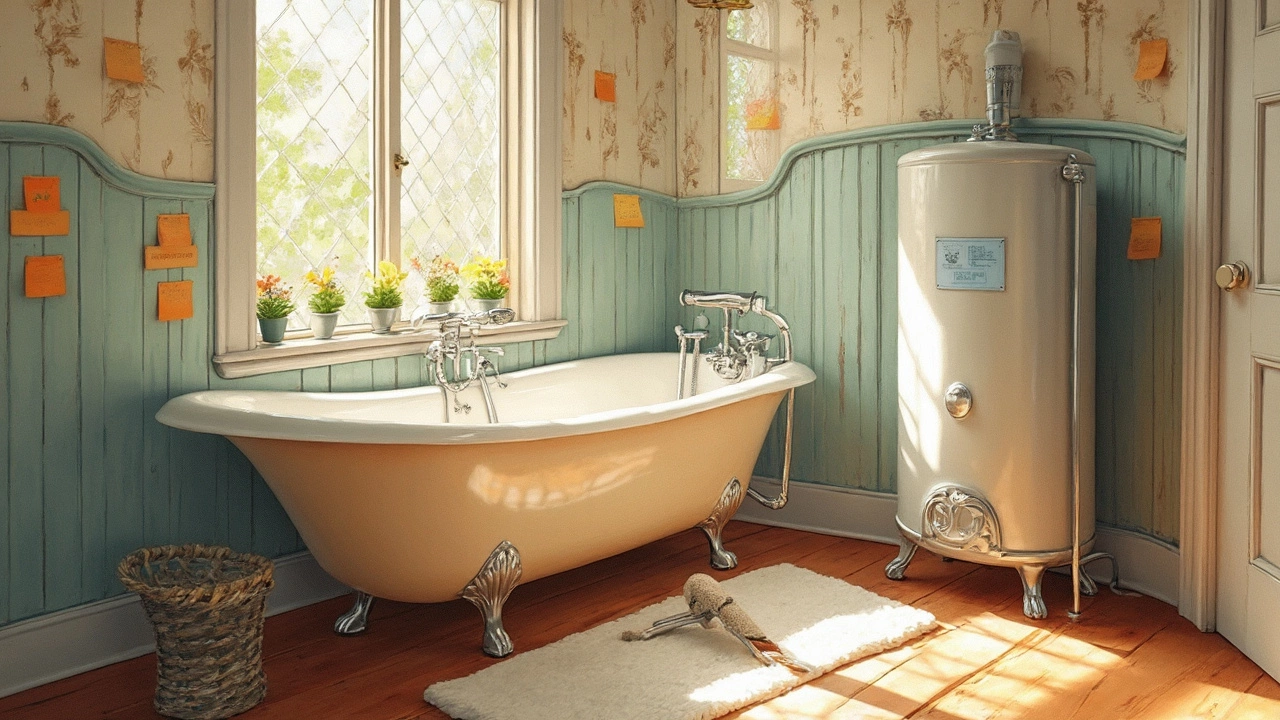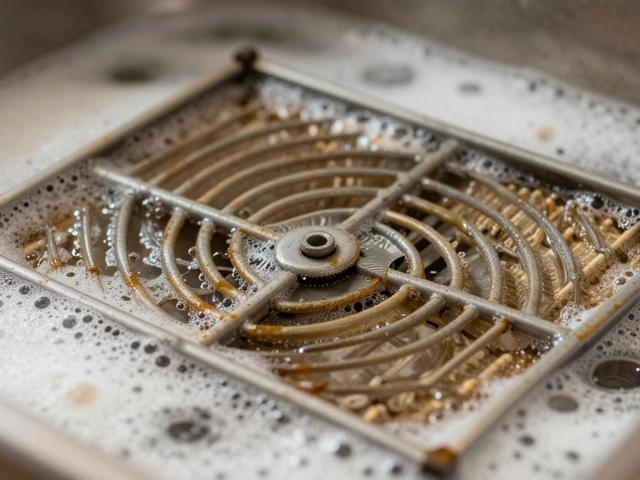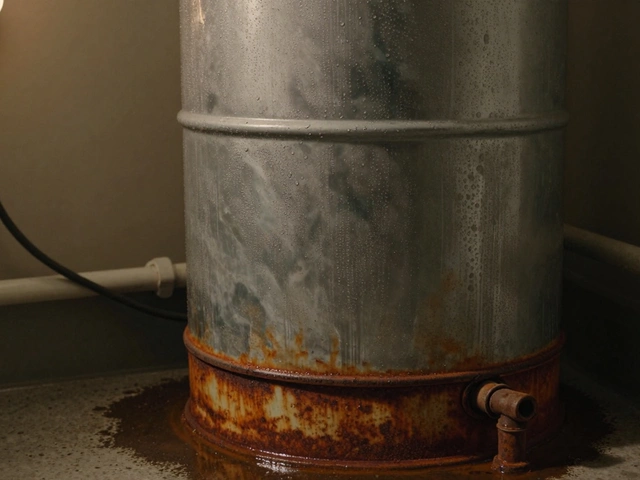Understanding Water Heater Lifespan: What to Expect and How to Extend It
Understanding the water heater lifespan helps you plan repairs and replacements. When working with water heater lifespan, the period a hot‑water unit remains functional before a major fix or replacement is needed. Also known as hot water system longevity, it matters for budgeting, energy bills, and everyday comfort. Water heater is the appliance that supplies heated water for showers, kitchens, and laundry, while maintenance schedule defines the routine checks that keep the system running smoothly. Finally, energy efficiency rating shows how much fuel the unit uses relative to the heat it delivers. Water heater lifespan encompasses the age, usage intensity, and care the unit receives, and extending water heater lifespan requires regular maintenance. Likewise, energy efficiency influences water heater lifespan because a well‑rated unit runs cooler and endures less wear.
Key Factors That Shape a Water Heater’s Life
Not all heaters age the same way. Tank‑type heaters typically last 8‑12 years, while tank‑less models can push 15‑20 years thanks to fewer corrosion points. Fuel type matters too: gas units face mineral buildup, electric units battle heating element wear. Water quality—hard water full of calcium and magnesium—can coat the tank interior and speed up decay. High‑frequency usage, such as large families taking multiple showers daily, also trims the lifespan. Installation quality plays a hidden role; incorrect venting or loose connections cause premature failures. Together, these elements form a web: water quality influences corrosion, which shortens water heater lifespan, and installation quality determines how well the system handles operating stress. Understanding these relationships lets you gauge whether your unit is on track or due for a swap.
So, how can you stretch that timeline? Start with a yearly flush: run the tank empty to clear sediment that saps heat transfer. Check the anode rod—the sacrificial metal that fights rust—and replace it every 3‑5 years if it’s heavily corroded. Keep the thermostat at 120°F (49°C); higher settings raise energy use and accelerate wear. Schedule a professional inspection at least once each year; a qualified technician can spot leaking valves, failing thermostats, or venting issues before they become costly. Lastly, consider a high‑efficiency model if you’re approaching the end of your current unit’s life; the upfront cost pays off with lower bills and a longer effective lifespan. By aligning maintenance with the factors outlined above, you turn a typical 10‑year cycle into a more reliable, cost‑effective experience. Below you’ll find a range of articles that dive deeper into each of these topics, from DIY checks to expert repair decisions, giving you the tools to manage your hot water system with confidence.
A 20-year-old water heater is past its prime. While repairs seem cheaper, they often lead to bigger costs. In New Zealand, replacing it with a modern, energy-efficient model saves money, prevents damage, and gives you reliable hot water for years to come.
Learn the key signs your hot water heater is failing-like strange noises, rusty water, or rising bills-and when it’s smarter to replace it than to repair. Save money and avoid floods.
Most water heaters last 8-12 years, but maintenance and water quality affect lifespan. Learn the signs your heater is failing and how to choose a replacement that lasts longer.
Water heaters fail early due to sediment buildup, corroded anode rods, high pressure, and poor maintenance. Learn the real reasons and how to fix them before your tank leaks.
Wondering if it makes sense to fix a 20-year-old water heater? This article breaks down signs of aging, what repairs might actually work, how much repairs can cost, and when you should call it quits and replace the thing. You'll get no-nonsense tips to help you make a smart choice before throwing more money at a tired water heater.
Water heaters play a crucial role in daily life, but how long do they last? Depending on the type, a well-maintained water heater can last anywhere from 8 to 12 years or even longer. Get tips for regular maintenance and recognize signs that it's time for a replacement. Understanding the lifespan of different water heaters can help you plan for future upgrades while maintaining your hot water supply.
